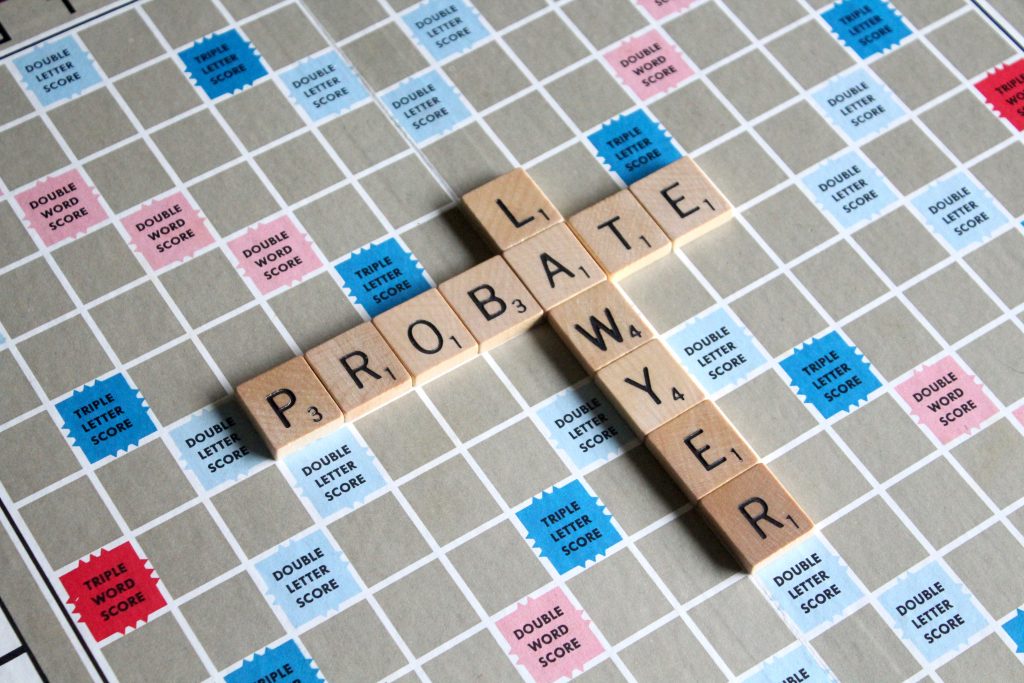Being named the executor in a will, or being appointed an executor by the court is a role full of responsibility. It’s difficult to share in the grieving process when you’re worried about all of the responsibility you may have on your hands. If you or someone you love has been named an executor, you may be asking yourself, what is their role during the probate process?

Filing a Petition
The first initial part of the probate process as an executor is filing all of the paperwork and the will naming you as the executor. Regardless of, if you were named the executor in a will, you will still need to file the paperwork to be reviewed by the courts. Communicating with other heirs of the state is especially important, this can prevent conflict further down the road. Familial conflict is especially common during the probate process and communication, treating everyone fairly, and distributing assets according to the will is essential.
Managing Assets
You will also need to manage all of the assets of the estate, especially in regards to real estate. If you live far away from an inherited home, you may be required to obtain vacant home insurance, maintain current insurance policies, or continue to collect rent on the property. If you’ve inherited a property, you must also decide if you’d like to sell the property. The experts of socalhomebuyers.com/probate suggest that using an investor instead of a realtor can pose unique advantages. This can mean being able to sell the home

[…] settle any remaining taxes, bills and distribute it. While probate law varies by state, in general, the probate process […]